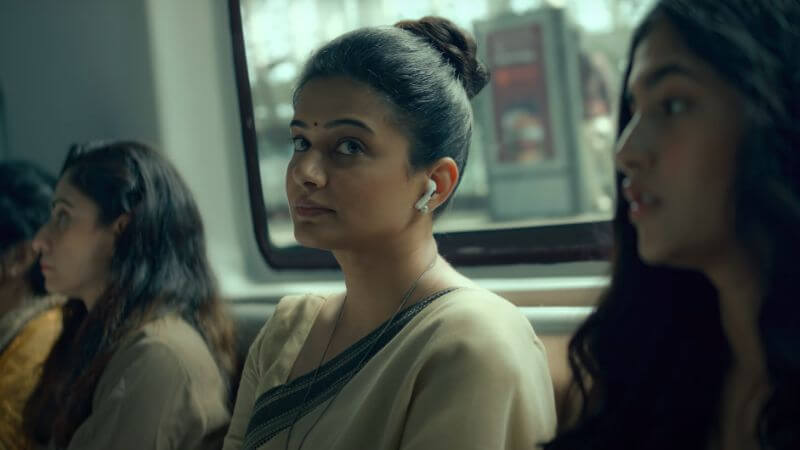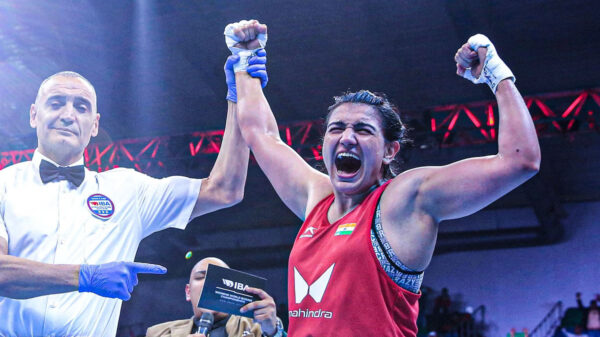In the enchanting world of Indian cinema, where glitz and glamour often define a heroine’s role, Priyamani stands as a beacon of change. With a National Film Award, three Filmfare Awards South, and a Filmfare OTT Award under her belt, she’s not just a pretty face on the silver screen; she’s a force to be reckoned with.
Empire Weekly recently caught up with Priyamani, and the conversation opened a window into a remarkable anecdote from the sets of “Jawan,” where she, along with a star-studded cast, found herself in sync with the King of Bollywood, Shah Rukh Khan. The reminiscence transports us to a dance rehearsal for the song “Zinda Banda,” a moment that etched itself into the annals of her career.
Priyamani fondly recounts how Shah Rukh Khan, with his discerning eye, spotted her behind him during the rehearsal. In a decisive move, he insisted that she stand right beside him. Why? Because Priyamani had once been his dance teacher in the movie “Chennai Express.”
“What are you doing behind me?” he asked. Without hesitation, he took her hand, caught her shoulder, and declared, “I want this girl to stand next to me. I don’t care what the choreography is. I don’t care even if I go wrong. I’m going to look at her only, and we’re going to do this.”
Such a moment, beyond the glitz of Bollywood, reveals a nuanced side to the industry, breaking the mold of heroines confined to romantic scenes. Priyamani is not just a pretty face; she’s a dance maestro, breaking the shackles of stereotyping in Indian cinema.
In a bold statement, she emphasizes, “Why should a heroine be limited to romantic scenes? We are pretty faces who can also kick some ass when needed.” Her upcoming project, “Maidan,” opposite Ajay Devgn, further exemplifies her commitment to diverse roles and challenges the stereotyping business that has long plagued the industry.
Speaking about her experience on the set of “Jawan,” where she was part of a formidable girl gang alongside actors like Sanya Malhotra and others, Priyamani embraced a protective role towards her co-stars. In an industry where leading men often steal the spotlight, “Jawan” disrupts the norm, giving due attention to its female characters.
As the character Lakshmi in “Jawan,” Priyamani’s backstory resonates with a wider audience, touching on an anti-capitalist stance. It becomes a powerful call for clean industrialization, a theme that goes beyond the realms of cinema, suggesting a need for change on a grand scale.

Priyamani’s journey in “Jawan” and beyond is more than just a cinematic endeavor; it’s a testament to the evolving landscape of Indian cinema. The film, with its raw, mainstream machoism, also encapsulates tenderness and consideration, echoing a distinctly female voice in its messaging and tropes.
In the world of “Jawan,” Priyamani stands not just as a leading lady but as a trailblazer, challenging stereotypes, and ensuring that the narrative is not confined to a singular perspective. Through her roles and choices, she is scripting a new chapter in Indian cinema, one where women take center stage and break free from the chains of clichés.




































